Build a stable daily routine
If you’re self-isolating or under quarantine, your routine has shifted and become unbalanced. This kind of disruption can lead to some anxious feelings. So, the very first thing you need to do is build yourself a new and stable daily routine. This means figuring out the best time to wake up and go to bed and stick to those times.
Guarantee yourself eight hours of solid sleep at the same time each day. Building a familiar and reliable routine is an important first step. Pick your mealtimes and stick to them as well.
If you’re working from home, organise yourself a work schedule and follow it. Fill your day up with tea and coffee breaks, time for hobbies, and a relaxing evening of book reading and TV watching. It’ll take a few days to figure out your schedule but, once you’re comfortable with it, keep it going.




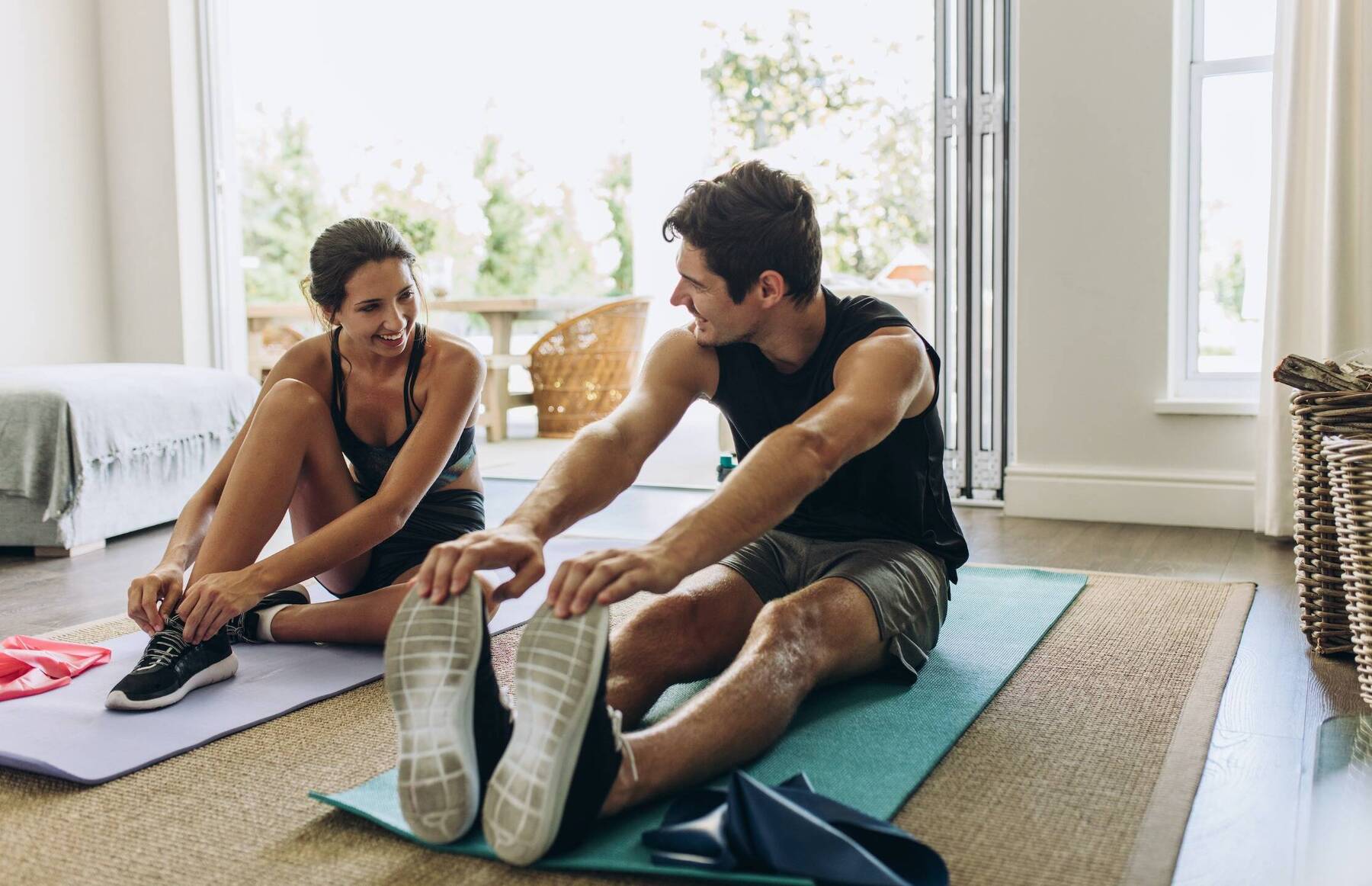
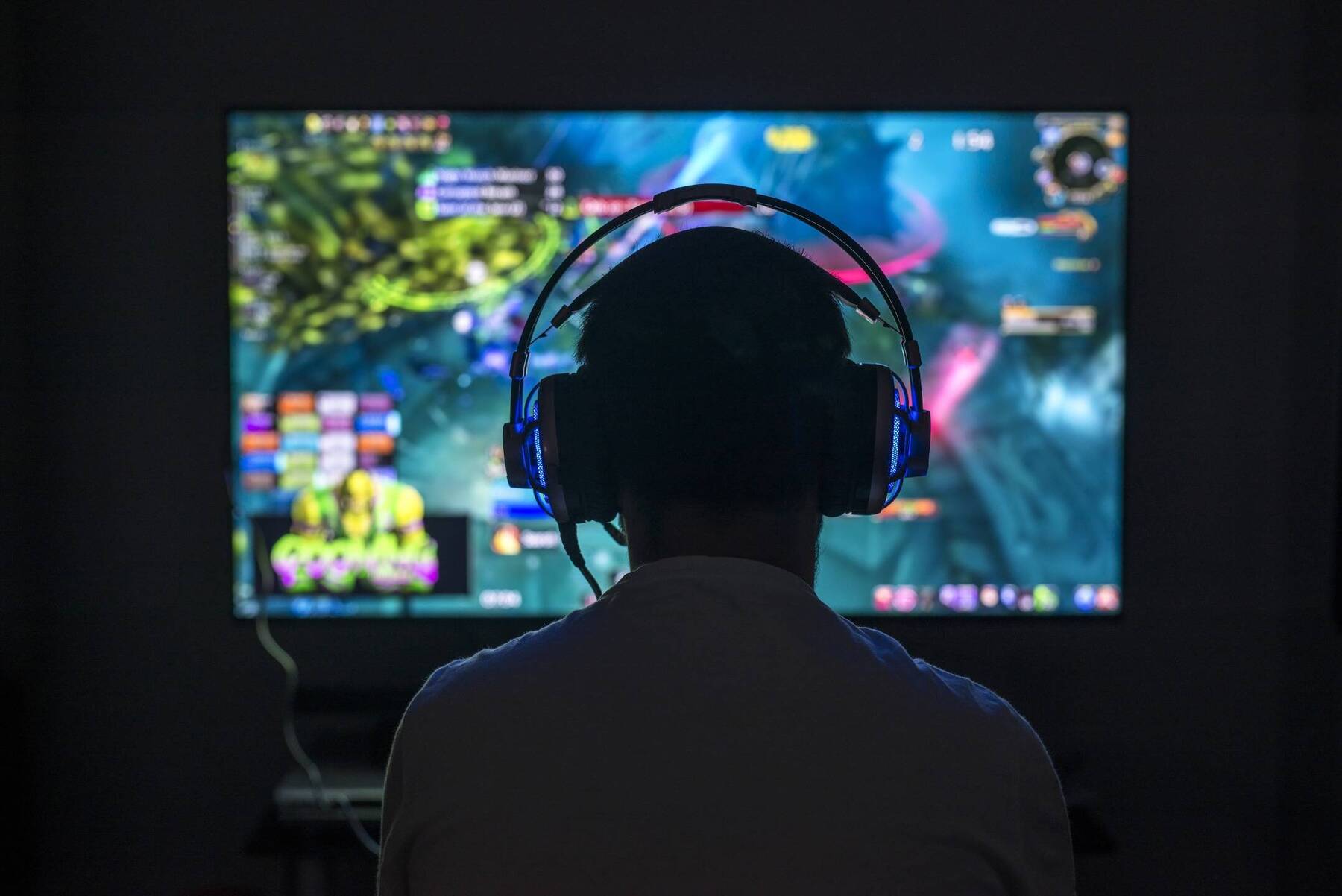
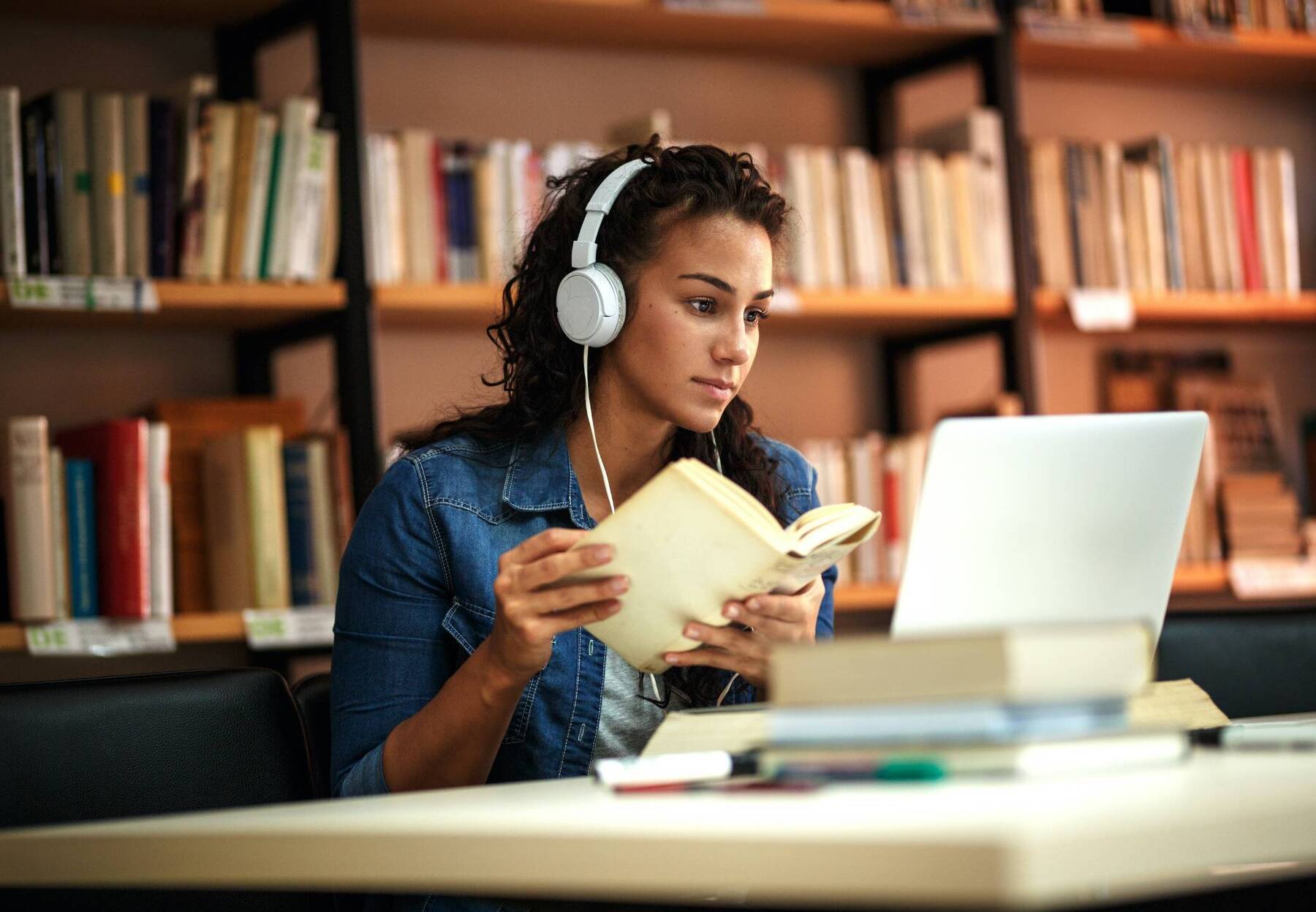
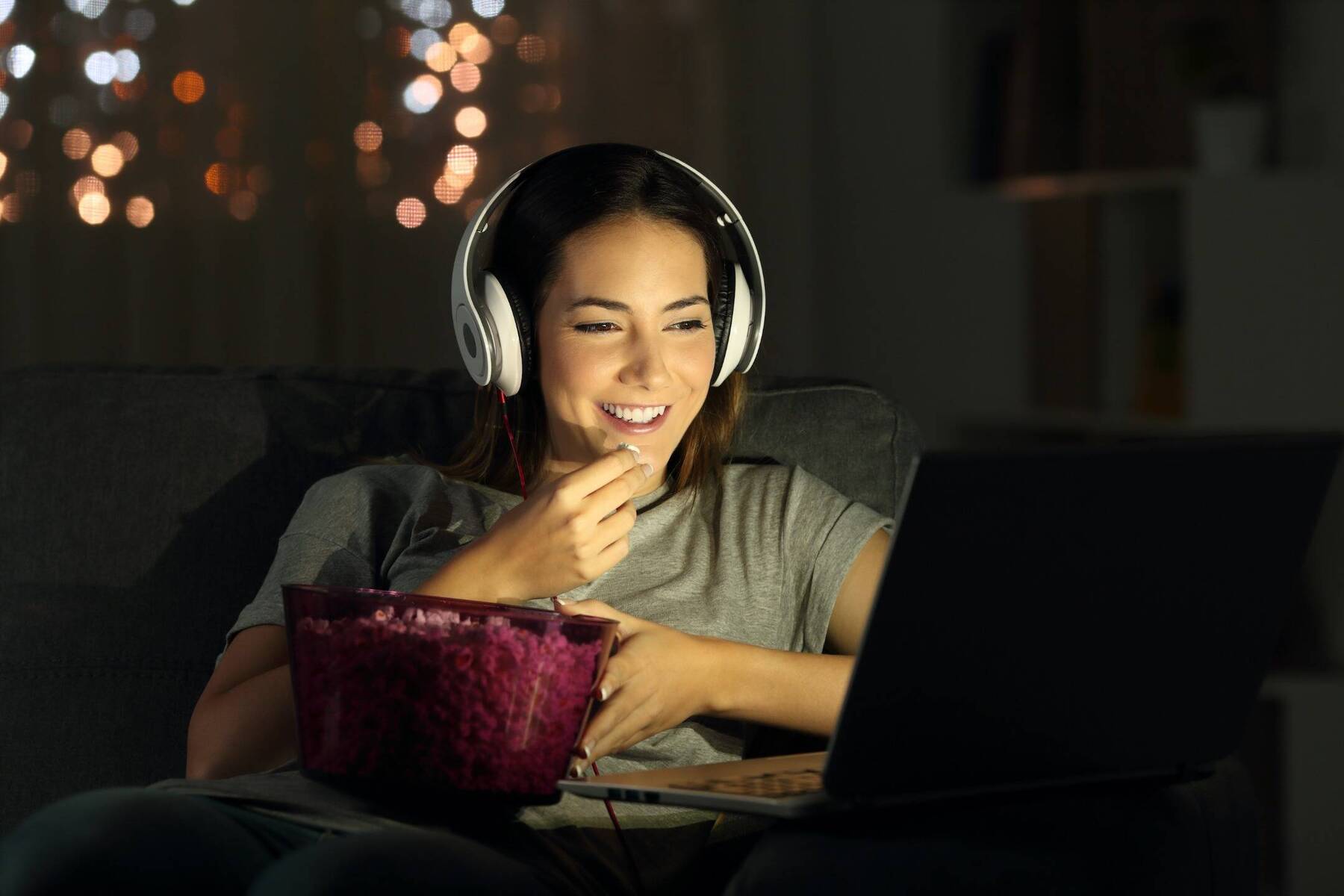
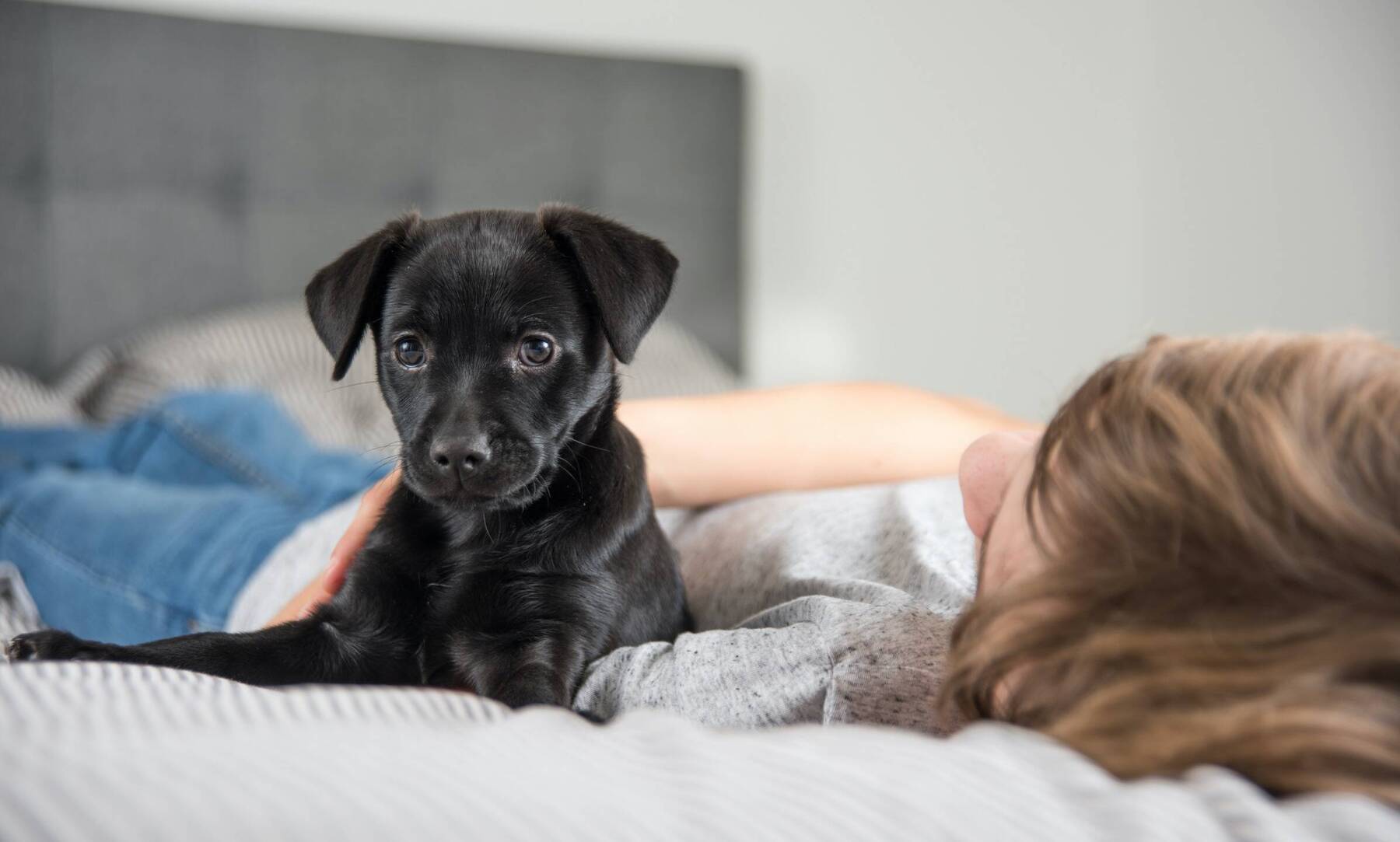
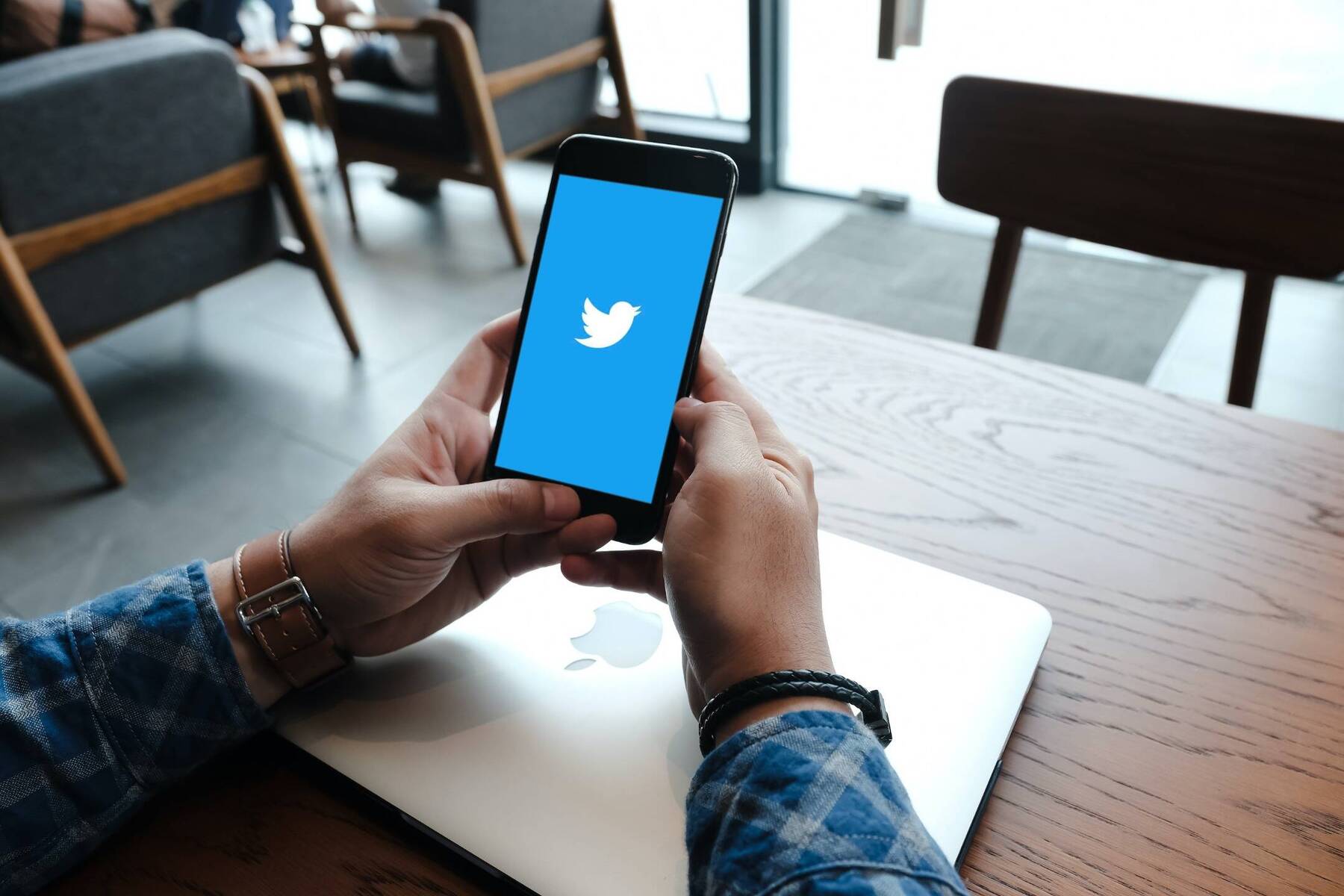
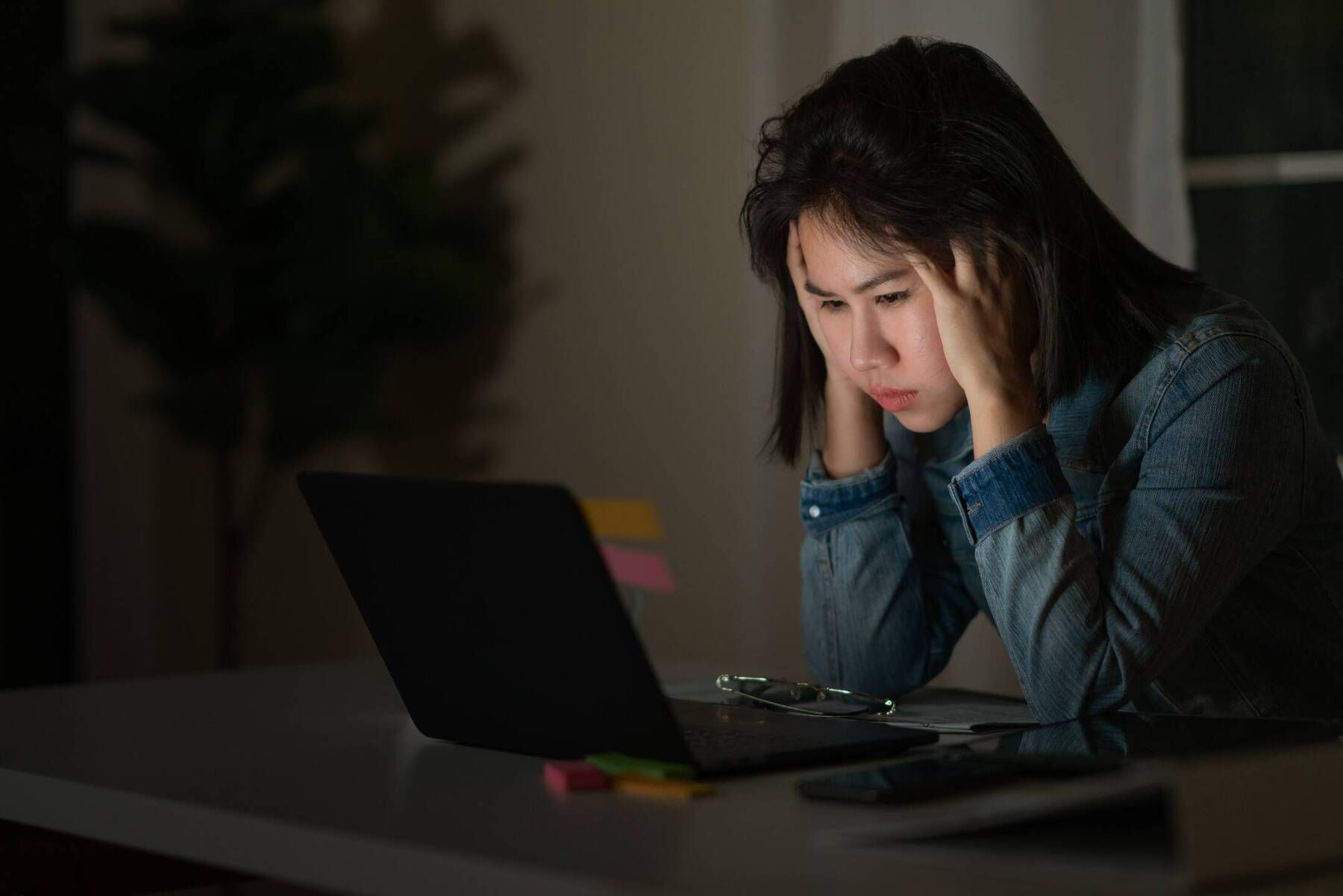
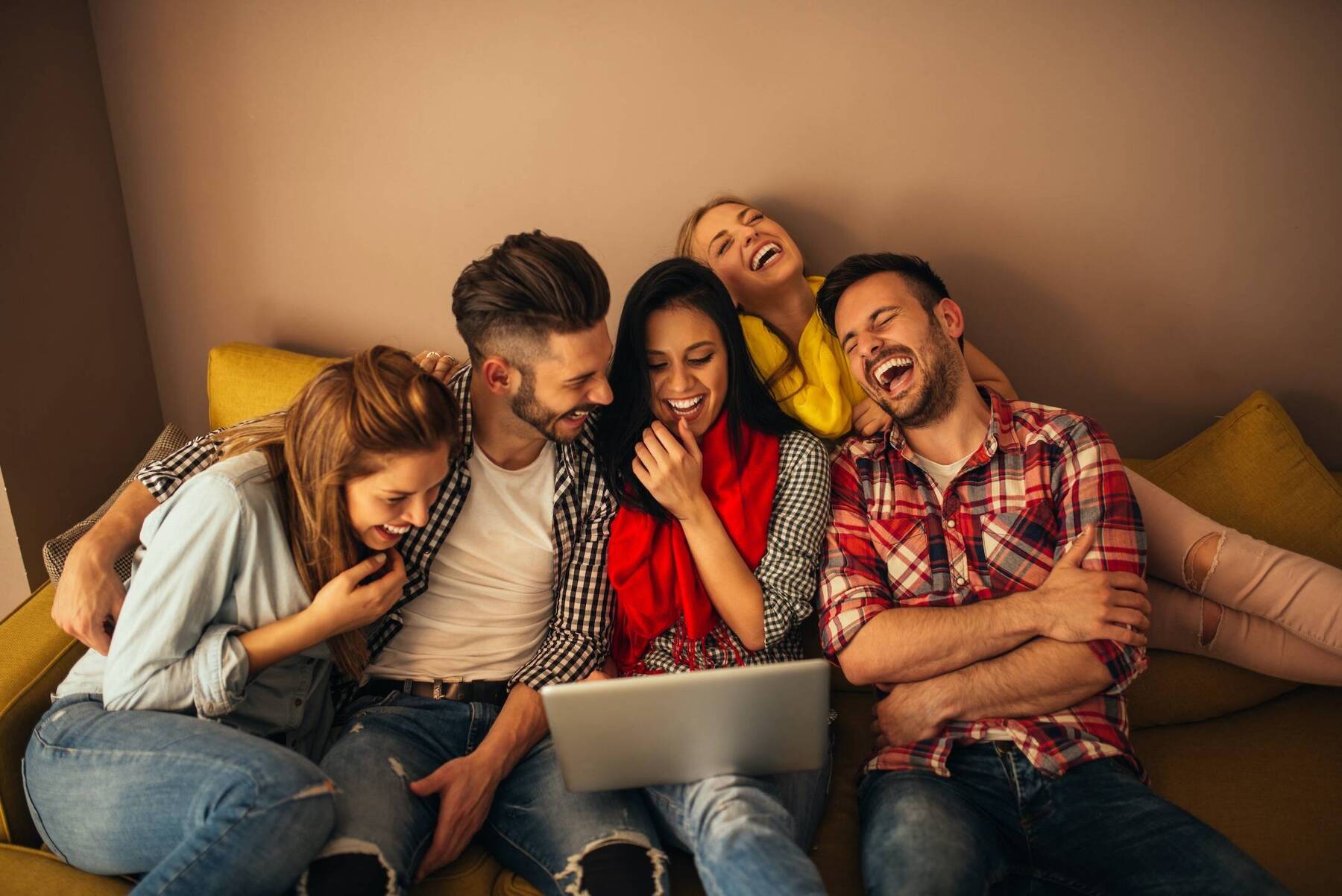
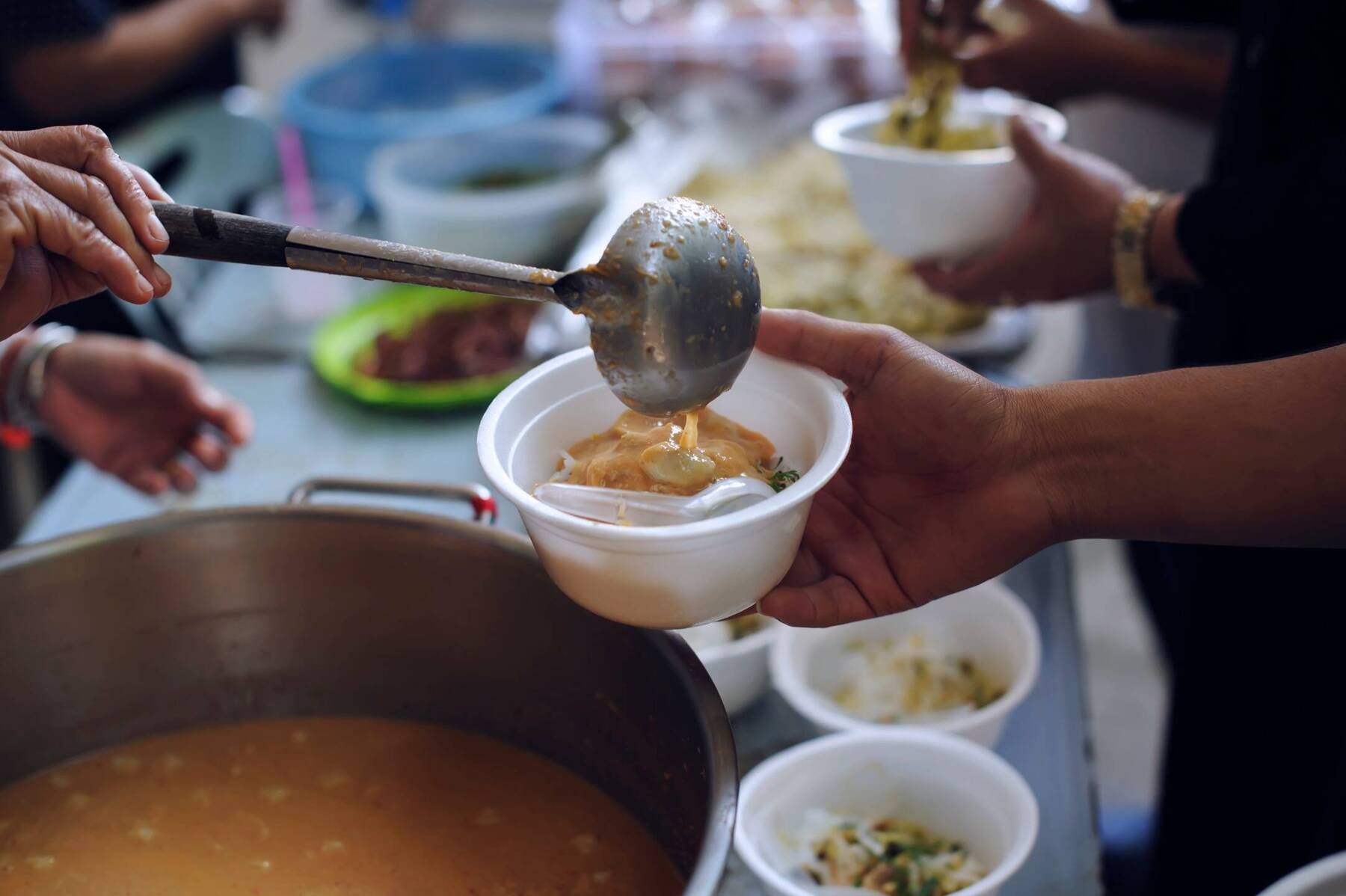
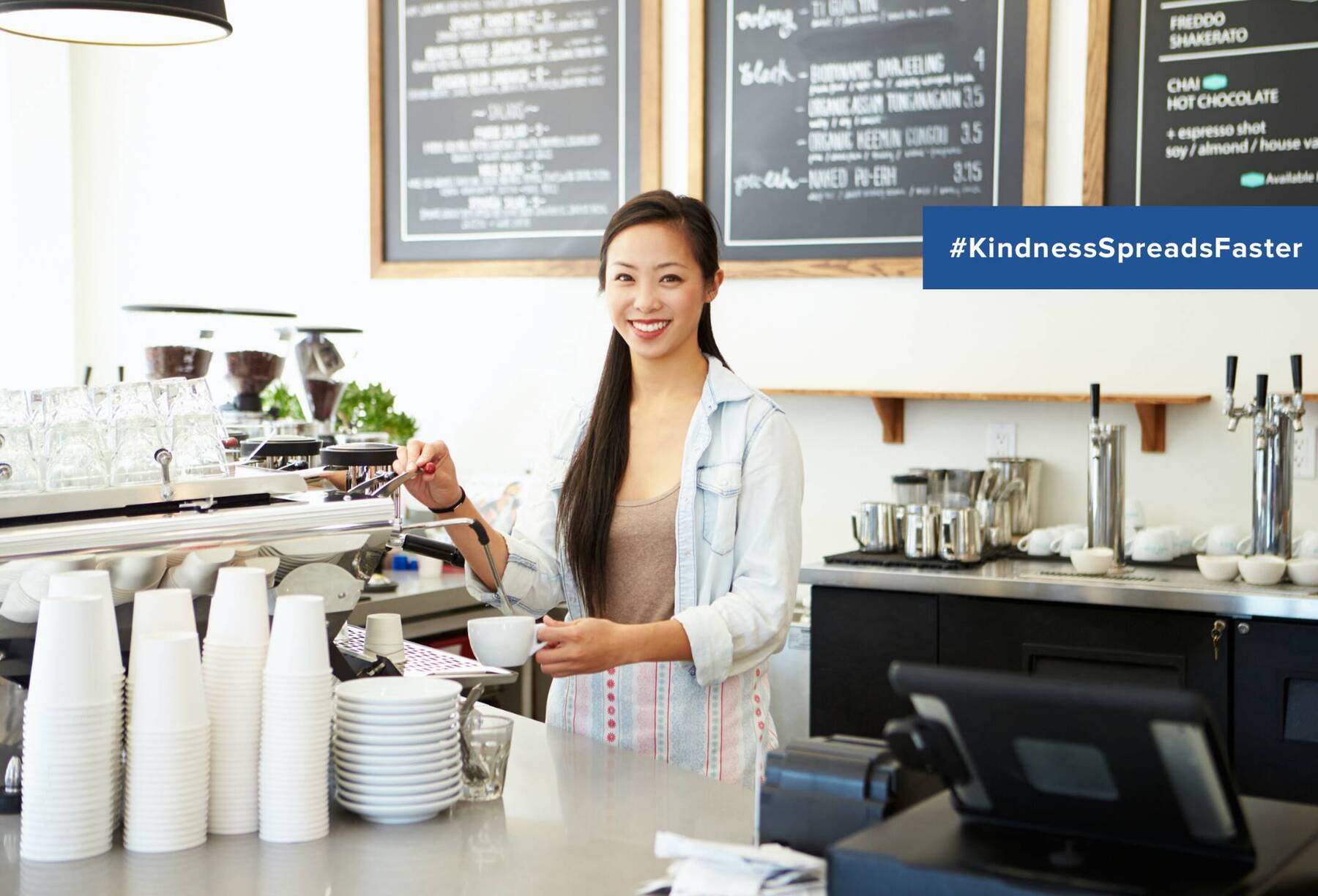
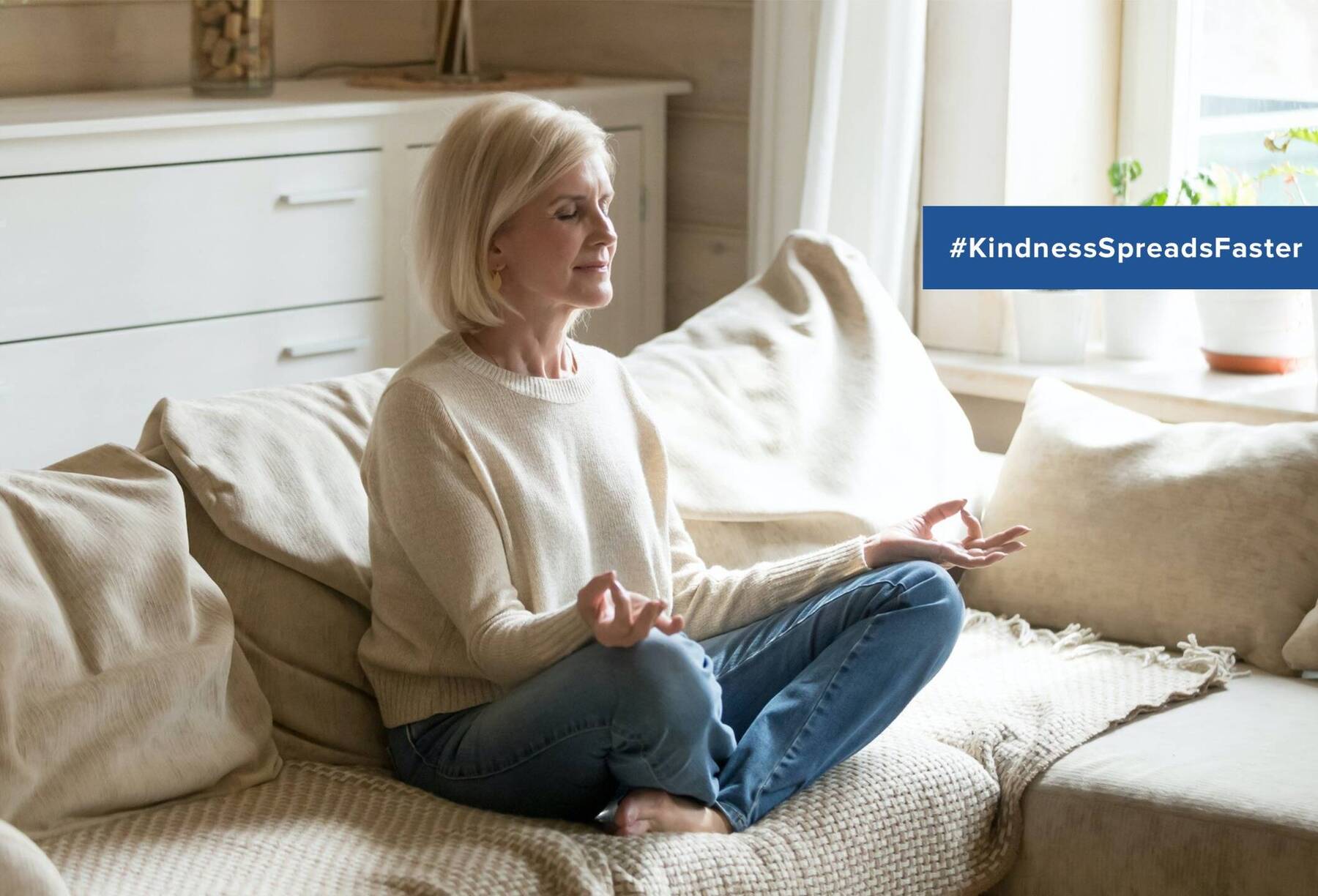





Comments